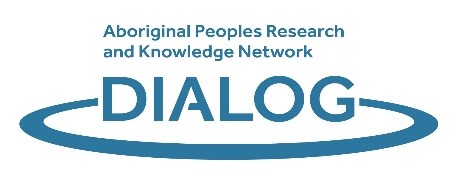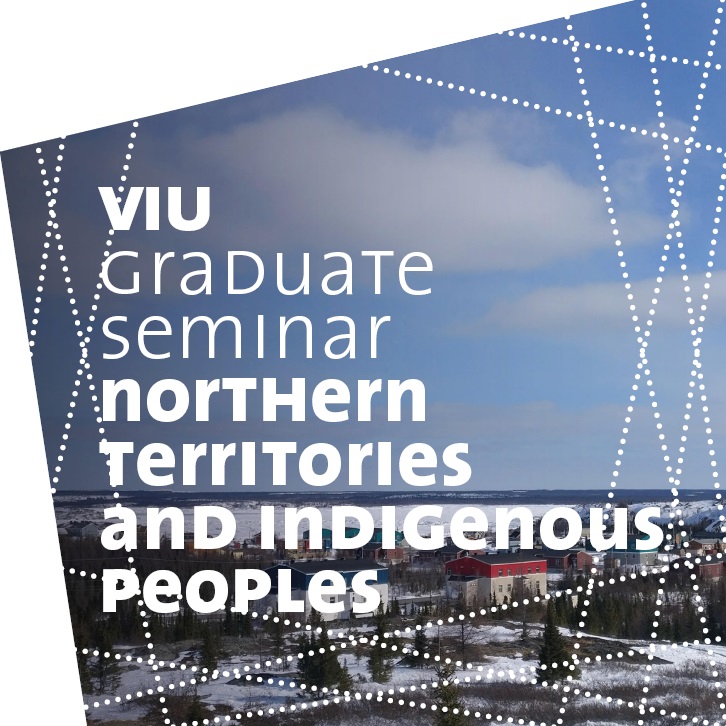14 – 19 January, 2018
Leading Universities
- Institut National de la Recherche Scientifique, Québec/Canada (Prof. Carole Lévesque, Scientific coordinator)
- European University at St. Petersburg, Russia (Prof. Nikolai Vakhtin, Scientific coordinator)
In partnership with:
- Università Ca’ Foscari Venezia, Italy
- Duke University, USA
In cooperation with the DIALOG - Aboriginal Peoples Research and Knowledge Network.
General description
This Graduate Seminar relates to different aspects of current life of Indigenous and other people in the North and in the Arctic: ecological, climatological, sociological, cultural and political. The topics will be discussed in abundantly illustrated lectures involving dialogue among scholars and Indigenous representatives.
Indigenous Peoples of the North and other Arctic populations are living in a world that is rapidly changing. Their way of life has traditionally been focused on natural resources and lands; however, the transformations brought about by altered environmental conditions, climate change, the modernization of transportation, industrialization, sedentarization, energy conversion, urbanization and demographic growth are profoundly affecting this relationship between human beings and the land. The proposed activity will provide a space for reflection on this changing world. We will explore the many cultural, demographic, economic, natural, sociological and anthropological dimensions of this change through case studies comparing the situation in northern Eurasia, and more specifically Russia, northern Canada and Québec, as well as elsewhere. This reflection will take the form of a Graduate Seminar. Alternating presentations of the situations in the two continents will foster group reflection on lands that are shared by Indigenous peoples, newcomers, and industries in regard to natural resources and socioeconomic issues. The juxtaposition of the similarities and differences will open the way for a discussion on the future Indigenous-non-Indigenous relations in the North.
Topics
- Social, political and legal perspectives of Indigeneity
- Collaborative research and co-construction of knowledge with Indigenous Peoples
- Market and non-market exchanges in Northern communities
- Cultural intimacy and the Indigenous politics of visibility in Northern Territories.
Learning outcomes for participants
After attending this graduate seminar, participants will be familiar with:
- ability to think globally
- developing the capability to view processes at the system level; exploring complex problems with interdisciplinary approaches
- developing an integrated and multidisciplinary epistemology
- enabling knowledge exchange
- working in group settings
- debating and targeting consensus.
Level of students and suitable fields of study
This Graduate seminar is offered to PhD, Post-doc and Master students ending their program in Social Sciences and any other discipline that is related to Northern studies. Open to candidates from all the VIU Member Institutions and invited scholars from the DIALOG - Aboriginal Peoples Research and Knowledge Network. Excellent candidates from non-member institutions will be also considered, if invited by the scientific coordinators.
Fees & Grant Support
Students from the VIU member universities will pay no participation fees. Grant support is also available to support, partially or fully, the costs of international travel and accommodation.
The participation fee for students of non-member universities is € 900,00 (the reduced rate for DIALOG scholars € 410,00). The fee is inclusive of tuition, course materials, accommodation, lunches, social events and taxes). Students from non-member institutions are not eligible for VIU grant support.
Credits
Participation in the Graduate Seminar is considered equivalent to 2 ECTS.
Applications
October 30 – November 17, 2017
The Graduate Seminar is arranged in cooperation with the DIALOG Network, and will constitute the 14th edition of the Nomadic University intensive training program.

Invited universities
- Université Laval, Canada
- EHESS, France
- Concordia University, Canada
- Université de Montréal, Canada
- Val-d’Or Native Friendship Centre, Canada
- University of Alberta, Canada
- Université du Québec en Abitibi-Témiscamingue, Canada
- University of Ottawa, Canada

































